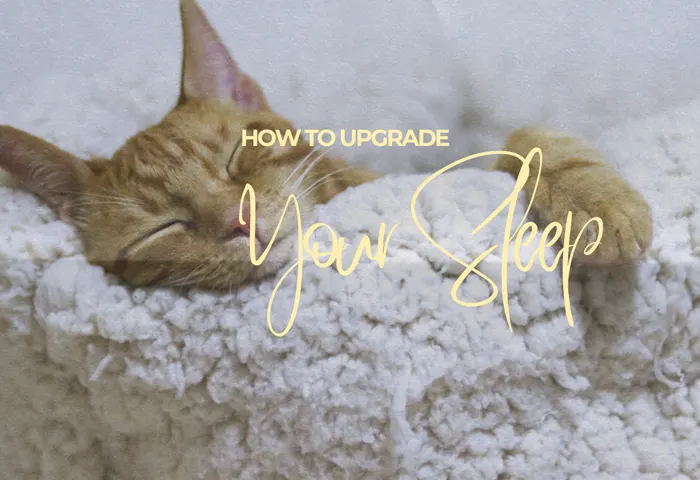I had to say it; it’s very clearly the elephant in the room and the exact thing NOBODY wants to talk about. The sad truth is that we’re so used to living life in the fast lane that we can’t even quantify our stress appropriately. Newsflash: your body knows no difference between being stuck in traffic on the interstate, trying to meet a big deadline, or being chased by a bear; it is ALL the same reaction. So, the next time somebody asks you your stress level, consider whether or not you have a bear on your back.
Perceived stress is also not always super obvious. Take the blood sugar scenario above, in addition to the reasons mentioned, poor blood sugar regulation is actually a stressor on the body. As a preservation tactic, every time your sugar dips too low it signals to the body it needs fuel, so it semi-freaks out (there’s that stress) and produces cortisol to mobilize other mechanisms within the body to produce energy. If you’re just willy nilly spiking cortisol at all hours of the day, of course you’re going to have issues with sleep.
Compound that stressor with life’s stressors and you have yourself a perfect storm causing a lack of sleep.
How to help resolve stress and managing it is very personal, but the first step to finding out how to have your needs met in this regard, is to acknowledge that they may in fact be a real issue for you. Once you pinpoint how you could succeed in mastering these concerns, find yourself somebody who can help you achieve those goals.
Hygiene, it’s more than just washing your hands
Hygiene is really anything that is utilizing best practices as it pertains to a specific activity. In this case, we’re talking about sleep hygiene. How are you utilizing the 1-2 hours leading up to bed time? These can really make or break your perfect night’s rest, seriously.
If you’re overstimulating yourself bry trying to meet that deadline I mentioned earlier before bed, how on earth do you think you’re going to sleep? Your mind is so preoccupied with that task you just tackled, you are in no way ready to go to sleep and rest. You see, you need to unwind, but oftentimes this unwind period can only happen once you hop into bed. By skipping this step and winding down before you get into bed, you might be plagued with ruminating thoughts and “I can’t fall asleep.”
Some suggestions for proper sleep hygiene include some variation of the following:
Discontinue screens (smart phones, computers, TVs) at least 60 minutes before bed time. Consider a book, journaling or planning your next day’s tasks instead – pen and paper style!
If you find that there is a certain degree of need to be on screens at this time, investing in a pair of blue-light blocking glasses is always a good idea; this will help to dissuade your body from thinking its still daylight – something blue light emission does, and quite sneakily at that!
Try some relaxing teas like passionflower, chamomile, tulsi, or ashwagandha before bedtime; these teas are known to promote nervous system relaxation.
Magnesium is always a great tool to promote night time relaxation, and ultimately a good night’s right. Finding the right type and dosage is something you would need to work with a qualified practitioner to do.
You will notice that I did not include the ever popular “melatonin,” and that was by design. I will never suggest melatonin because I don’t think it helps to address the true concerns as to why you’re not sleeping. Melatonin is a hormone we’re meant to make, and if you find that you’re actually sleeping with the inclusion of melatonin, this tells me your root cause has more to do with stress since melatonin is cortisol’s equal and opposite. You can’t very well have cortisol and melatonin co-exist, just doesn’t work that way.
If you’re looking for more individualized care, consider reaching out to any one of our providers!





